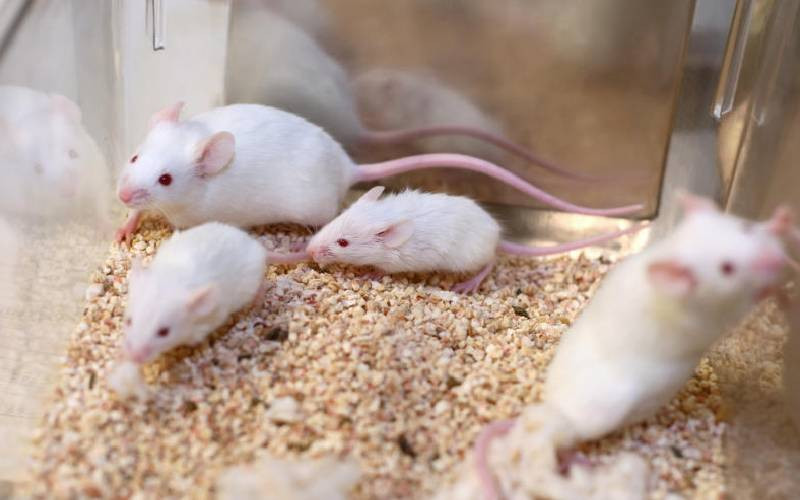
Kenya joins global trend as childhood obesity surpasses underweight for the first time, UNICEF warns.
Kenya could have more than one million children aged 5-19 living with obesity by 2030, UNICEF has warned.
This is as new data show a sharp rise in overweight and obesity among adolescents, driven by the marketing and availability of ultra-processed foods.
The Child Nutrition Report 2025, released Wednesday, finds Kenya is grappling with a "triple burden" of malnutrition: undernutrition, micronutrient deficiencies and overnutrition.
According to the Kenya Demographic and Health Survey (KDHS) 2022, 3 per cent of children under five are overweight, with Nyeri, Nyamira, Kisii and Nairobi counties leading at 6 per cent.
Among adolescents aged 15-19, 13 per cent of girls are overweight or obese compared to 2 per cent of boys.
Globally, the report shows obesity has overtaken underweight for the first time among school-age children and adolescents, affecting one in 10 or 188 million young people.
While underweight rates have declined since 2000, obesity has more than tripled, fuelled by a shift from traditional diets to cheap, energy-dense foods and aggressive marketing by the food and beverage industry.
Shaheen Nilofer, UNICEF Kenya Country Representative, said the trend threatens to reverse health gains and strain progress toward the Sustainable Development Goals.
"The growing burden of overweight and obesity is driven by a shift toward energy-dense, nutrient-poor foods and the aggressive marketing of unhealthy products," she said.
"As a result, many young children, no matter where they live, struggle to access and consume a nutritious, balanced diet."
The report warns that ultra-processed foods high in sugar, refined starch, salt, unhealthy fats and additives are increasingly replacing fruits, vegetables and protein in children's diets.
Digital marketing is providing the industry with unprecedented access to young audiences, shaping food preferences from an early age.
UNICEF is calling for urgent multisectoral action to improve children's food environments. Recommendations include mandatory food labelling, restrictions on marketing unhealthy products to children, banning junk food sales in schools and strengthening social protection programmes to make nutritious diets affordable for vulnerable families.
"In many countries, we are seeing the double burden of malnutrition - the existence of stunting and obesity," noted Catherine Russell, UNICEF Executive Director, adding, "Nutritious and affordable food must be available to every child to support their growth and development. We urgently need policies that support parents and caretakers to access nutritious and healthy foods for their children."
Without intervention, UNICEF warns the health and economic costs of childhood obesity will be severe.
By 2035, the global economic impact of overweight and obesity is projected to surpass US$4 trillion annually (about Sh516 trillion).
 The Standard Group Plc is a multi-media organization with investments in media
platforms spanning newspaper print
operations, television, radio broadcasting, digital and online services. The
Standard Group is recognized as a
leading multi-media house in Kenya with a key influence in matters of national
and international interest.
The Standard Group Plc is a multi-media organization with investments in media
platforms spanning newspaper print
operations, television, radio broadcasting, digital and online services. The
Standard Group is recognized as a
leading multi-media house in Kenya with a key influence in matters of national
and international interest.











